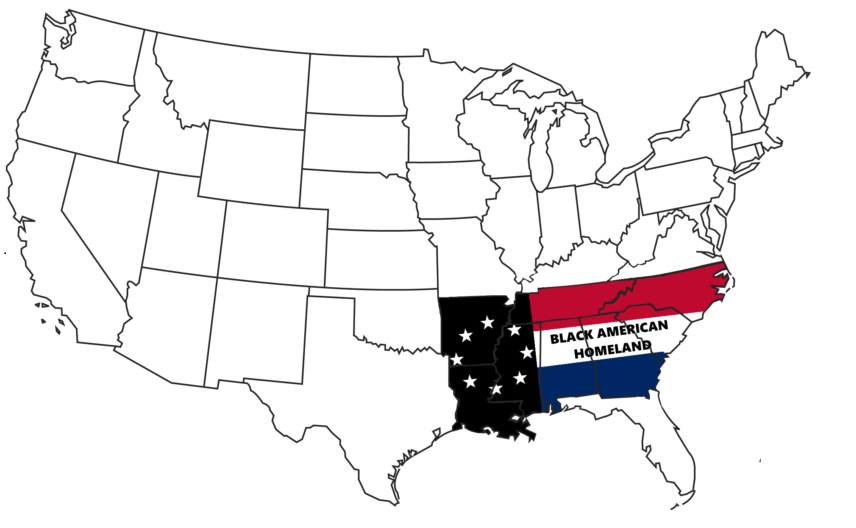In the realm of economic disparities, the differences between nations can often be astounding. In this comparison, we go into the worlds of Ghana and Mississippi, two regions with vastly different GDPs, populations, and levels of development. These disparities raise questions about the possibilities and potential for change, particularly for Black Americans who seek a brighter future.
Ghana: A Nation of Rich Culture and Traditions
Ghana, situated on the western coast of Africa, boasts a rich cultural heritage and a population of 32 million. It spans 92,485 square miles of land and carries a GDP of $77 billion. While Ghana’s landmass is considerable, its economic output is modest, with a per capita income of $2,406. The Human Development Index (HDI) score for Ghana stands at 0.632, reflecting a moderate level of development.
Ghana’s allure lies in its vibrant culture, historic significance, and breathtaking landscapes. Yet, its development lags behind, particularly in areas such as education, infrastructure, and per capita income. The local tribes and communities have deep-rooted traditions, but the prospect of an influx of wealthier Black Americans from abroad buying up land in their communities may present challenges and opportunities.
Mississippi: The Magnolia State’s Advantages
Mississippi, a State located in the southern United States, paints a different picture. With a population of 3 million and a land size of 48,500 square miles, Mississippi boasts a formidable GDP of $148 billion. Its per capita income stands at $49,333, reflecting a significantly higher standard of living than Ghana. The Human Development Index (HDI) score for Mississippi is a robust 0.866, signaling a high level of human development.
Mississippi shines in areas where Ghana struggles. The State offers a robust education system, world-class universities, and extensive critical infrastructure, including highways, roads, bridges, and modern amenities like shopping malls, grocery stores, and airports. Access to necessities such as electricity, running water, and internet connectivity is widespread.
Furthermore, Mississippi’s strong rule of law, property rights, and security provide a stable environment conducive to prosperity. The minimum wage, titled land, and a well-structured court system underpin the State’s potential for ensuring justice and economic opportunity for its citizens.
Migration to Mississippi: A Path to Transformation
For Black Americans seeking to improve their quality of life and exercise their rights, Mississippi presents an intriguing option. Unlike Ghana, where foreign land ownership can be complicated, Black Americans are citizens with full rights to settle in Mississippi, acquire land, establish businesses, participate in the political process and run for Public office.
Mass migration to Mississippi could have transformative effects. With an influx of Black Americans, the State could become a hub for cultural exchange, innovation, and economic development. The prospect of Black Americans taking Super Majority population and Political Control could lead to policies that prioritize their well-being and advancement.
Mississippi’s proximity to other States within the U.S. and its ease of travel compared to transatlantic flights to Ghana make it a practical destination for those seeking new opportunities. No special visas are required, removing a significant barrier to entry.
An influx of an additional 800,000 to 1 million Black Americans choosing to reverse migrate into Mississippi, coupled with Five to Eight hundred thousand White individuals leaving or fleeing the State, would be a substantial demographic shift that could significantly alter the balance of power within Mississippi in favor of Black Americans.
By Frederick Delk
